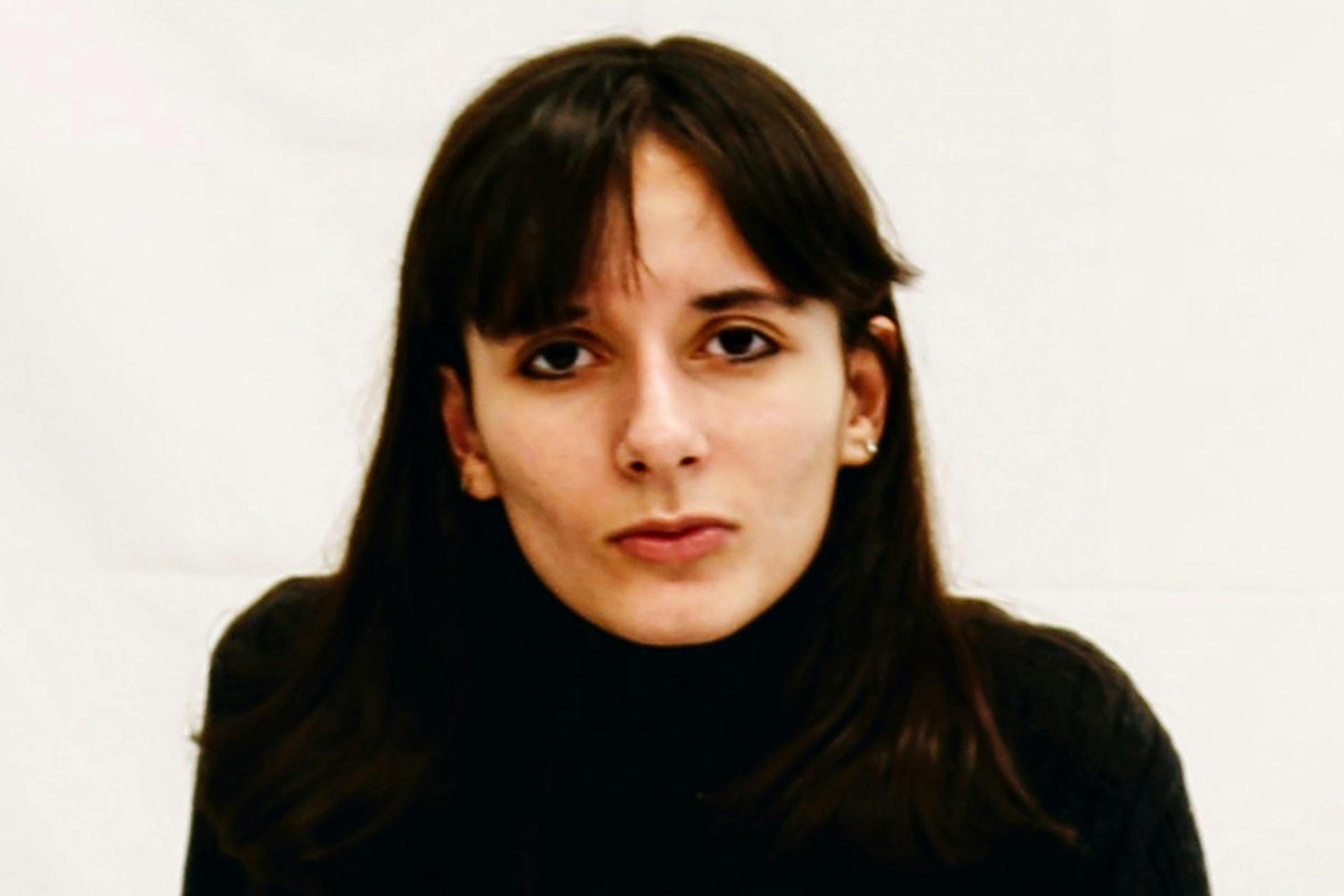
BFA Integrated Design/BA Environmental Studies student Noemi Florea is developing a low-cost sanitation system that conserves energy and cleaning solutions in an imaginative low-tech and scalable system. She’s testing her public-good venture, Cycleau Sanitation, in collaboration with partners in cities across the United States.
As the COVID-19 pandemic surged into June of 2020, BFA Integrated Design/BA Environmental Studies dual-degree student Noemi Florea sought to apply the lessons in design thinking, sustainability, and economics she has been studying at Parsons and Eugene Lang College of Liberal Arts to the global health crisis. “The pandemic really magnified the amount of waste in our system right now,” she says.
Florea began designing with an ambitious goal in mind: To develop a new system to conserve resources. Her solution was Cycleau Sanitation, a compact device that sanitizes PPE and washes household items without the use of electricity. Instead of a pump, Cycleau Sanitation circulates water and sanitization solution through its three compartments using the force of hydraulic motion. The device renders water and cleaning solution reusable through its filtration system, which also removes them from the single-use waste stream.
The BA/BFA program enables Florea, who is in her third year, to explore sustainability with the faculty and curricular resources of both Parsons and Lang and also pursue a minor in economics. The interdisciplinary approach has helped her understand the ways water scarcity, inaccessibility, and unaffordability directly affect the health and economic well-being of millions of Americans. “Current household architecture systems don’t address these water-related issues in a safe, equitable way,” she says.
To create a prototype of Cycleau Sanitation that can be mass-produced locally, Florea is collaborating with engineers, her New School professors including Gary Chwatze, Raz Godelnik, and Leonardo Heland, and city partners in Flint, Michigan, Baltimore, Maryland, and Cleveland, Ohio. The progress makes her hopeful about the device and its potential for fostering sustainable cities. “Designers are being taught how to think differently,” Florea says. “To imagine different scenarios and be creative about developing systems and thinking about the products and services within those systems.”